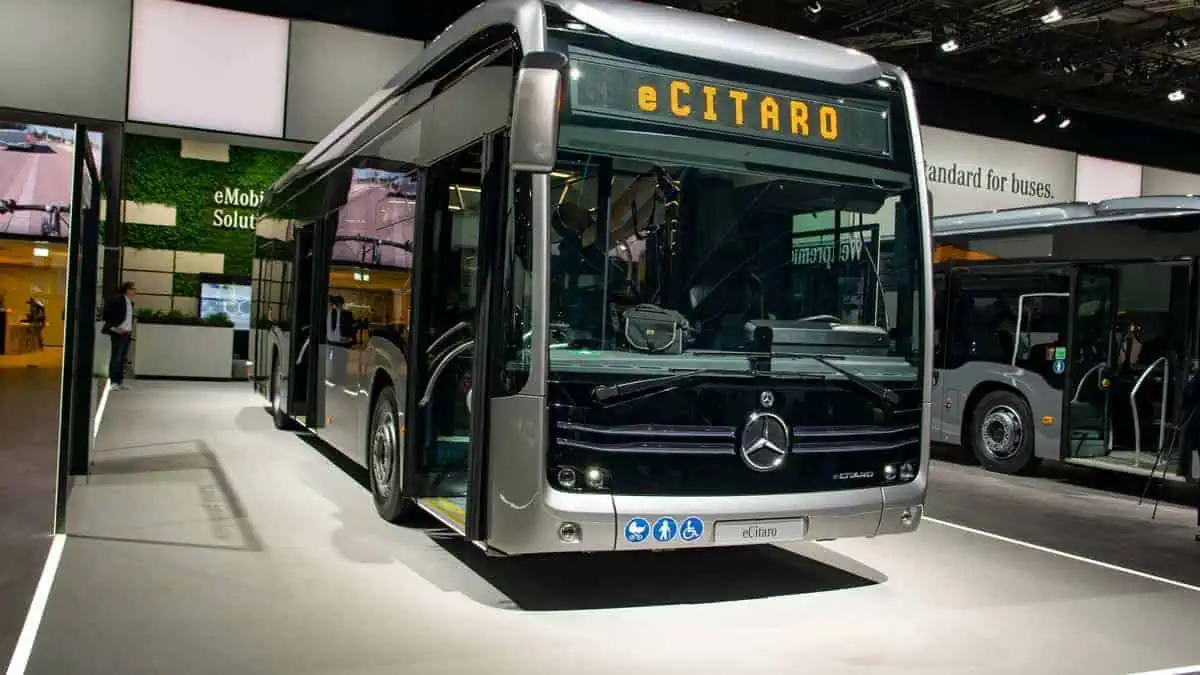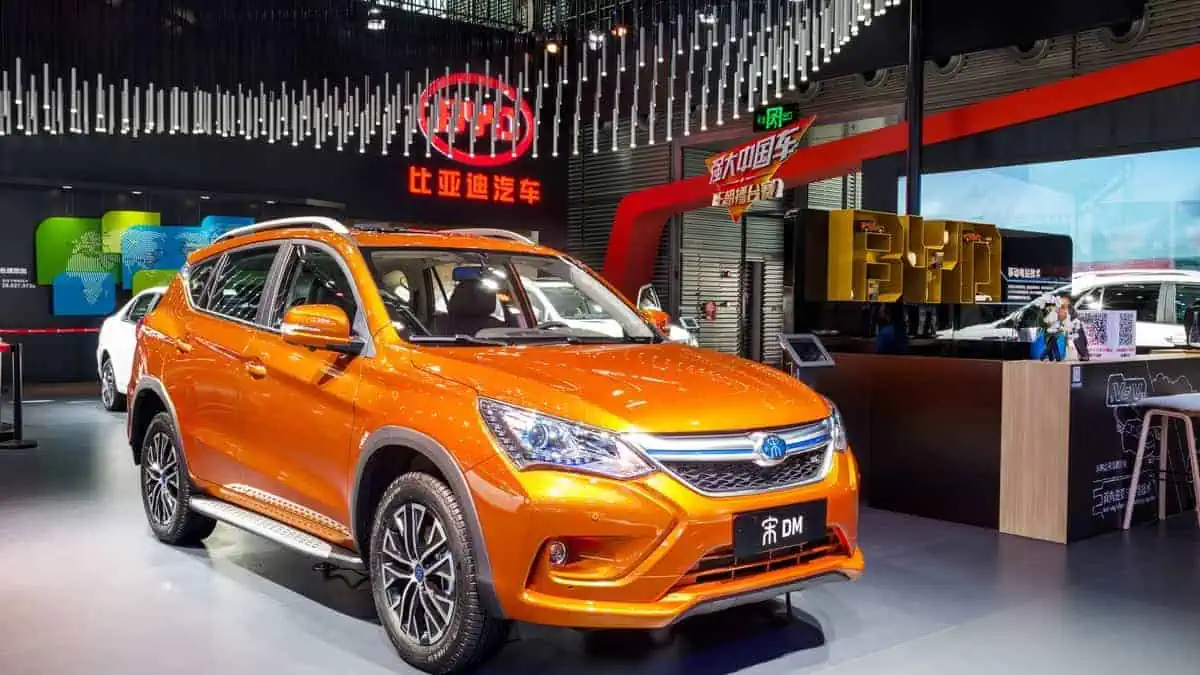The Wiener Linien transport company ordered 60 Mercedes-Benz eCitaro vehicles. According to Electric Cars Report, low-floor buses with zero local emissions will be delivered next year until 2025.
Wiener Linien will transform nine of its more than 100 routes to operation with the fully-electric eCitaro by the end of 2025. The estimated twelve-meter-long solo vehicles are impressive with their newest generation of lithium-ion batteries (NMC 3).
The 392 kWh battery capacity ensures an extended operating range. Current collectors (pantograph) also enable up to 300 kW rapid charging, which increases the range and operating times.
Notably, extensive tests were conducted before the order was placed. For instance, in June 2021, passengers could use the fully-electric Mercedes-Benz eCitaro G articulated bus freely during practice runs on three routes for two weeks.
Furthermore, shifting to environmentally friendly propulsion technologies requires infrastructure development adapted to operational and technical requirements.
Wiener Linien’s new e-competence center
By the end of 2023, the Wiener Linien will establish a new e-competence center in its past bus parking lot at Siebenhirten in the south of Vienna, Austria.
This will fit over 50 electric buses. The buses will be recharged, maintained, and repaired there. For example, waste heat from the chargers will heat the workshop building, and a photovoltaic system on the roof will supply electricity.
The bus workshop in Vienna’s Spetterbrücke will also come with charging infrastructure, and three fast charging stations will be built along the routes.
Streetcar and subway networks’ existing substations will also supply the charging stations with energy. Wiener Linien acquires 100% of its electricity from renewable energy sources.
Wiener Linien city bus fleet
Wiener Linien is Wiener Stadtwerke GmbH subsidiary. It builds and operates the Austrian capital’s bus, subway, and streetcar networks. It also ensures that nearly two million passengers get to their destinations comfortably, quickly, and safely every day.
The company completed its renewal of the bus fleet comprising about 400 vehicles at the end of 2019. And as a result, it reduced its bus fleet’s energy consumption by a good third between 2014 and 2020.
The fleet’s backbone is established by the low-emission Mercedes-Benz Citaro and the large-capacity CapaCity bus procured following the Euro VI emission standard, as per press releaseby Daimler Truck.
Among them is the 50,000th Citaro bus, created as an anniversary bus. Now comes the next steps from 2023:
- all-electric buses will increasingly be seen on the road in Vienna.
- numerous complete routes will slowly be converted to electric city buses.
Vikingbus ordered 31 Mercedes-Benz eCitaro all-electric vehicles
In related news, the Danish bus company Vikingbus ordered 31 Mercedes-Benz eCitaro all-electric vehicles. In the future, they will primarily be used in Køge, a harbor town south of Copenhagen and the east of the island of Sjӕlland.
The task is highly challenging. Additionally, the regular service consists of trips to the municipality of Stevn, which is further south. This is Denmark’s longest city bus line, which results in some trips longer than 500 km a day. It is rare for a city bus, and up to now is virtually impossible for an electric city bus.
Vikingbus: one of the leading bus companies in Denmark
Vikingbus is one of Denmark’s leading bus companies, with over 450 city buses, intercity buses, touring coaches, and 13 bases across the country.
The company is based on the merging 17 companies and is entirely Danish-owned. It offers a broad range of transport and services like ambulance transport in Denmark and beyond.






